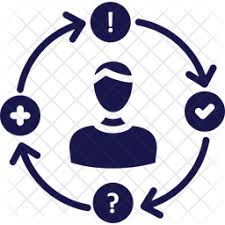- Studied High School at Sabira High School, Sabira
- Studied I.SC & B.SC (Math) at U. N. College, Soro
- Studied M.SC (Math) at F.M. Autonomous College, Balasore
- Mobile: +91 8280 111 999
- WhatsApp: 8280 111 999
- Email: saratoffice.in@gmail.com
Welcome
Useful Web Links
Useful websites and its urls are placed in categorically for easy navigation and browse to the sites.
Android Apps
Easy navigation and finding to the Android APPs. It provides a direct link to google play-store for quick installation
Guidelines
A Collection of Guidelines related to FSCW Dept. of Odisha Govt. within a single document Page.
Softwares
Here is a Collection of Useful and free Software, especially for the windows Platform for easy work.
Income Tax
Here is a collection of few important Income tax and its solutions especially for Govt. Employees.
TechLife
TechLife (formerly PC User) is an Australian general computer magazine, published monthly by Future Australia. The magazine’s regular

Blog Post
Here is collection of articles of ranging from Current News related to Technology.

Daily Life
Everyday life, daily life or routine life comprises the ways in which people typically act, think, and feel on a daily basis.
I am a spare time Learner :


